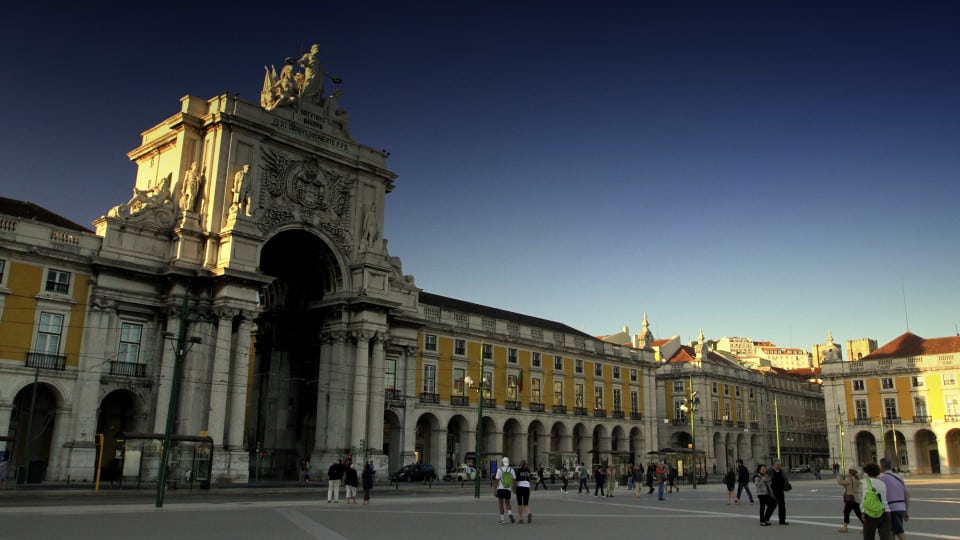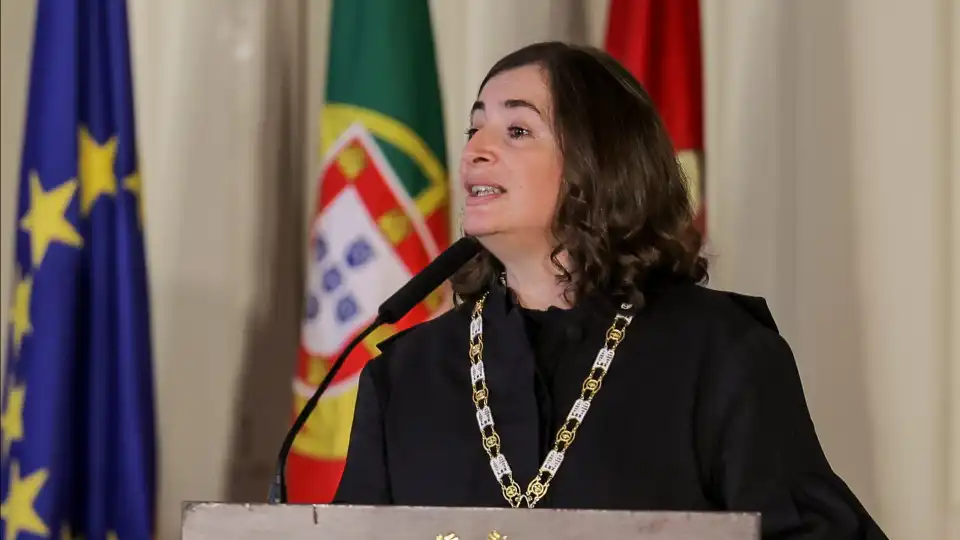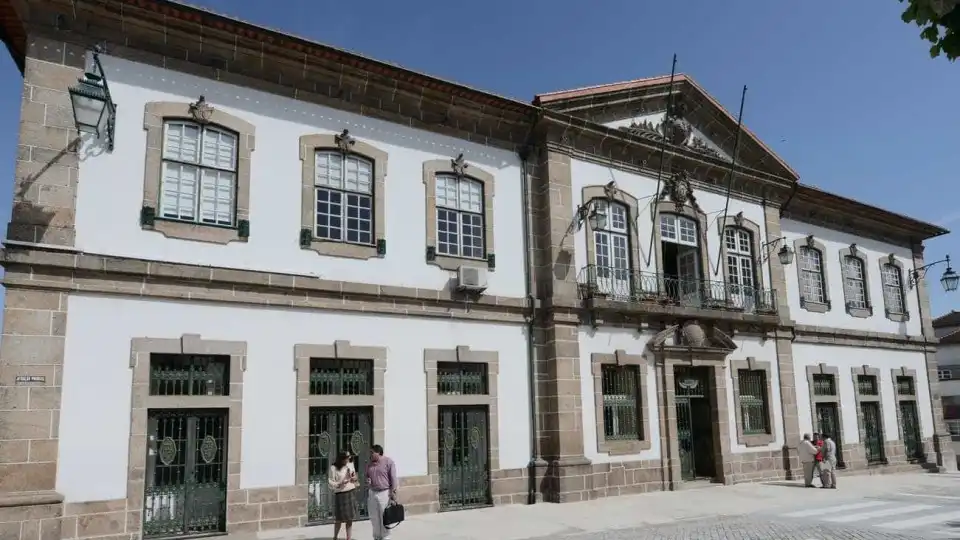“There are no postponements of proceedings to report in today’s schedules,” states the DGAJ in an assessment of the fourth day of the protest by court-appointed lawyers, who are demanding an update of the fees for the service they provide to citizens without financial means to hire a private lawyer.
On this matter, the Ministry of Justice (MJ) informed Lusa that the revision of the system of access to law and courts (SADT) is ongoing, including the issue of fees, with a work schedule in place.
According to the MJ, by the end of September, the study by the appointed working group is expected to be completed, and a proposal will be presented to the Deputy Secretary of State for Justice, Maria Clara Figueiredo. In early October, the presentation of the conclusions and the Government’s draft decision to the Bar Association is scheduled, with a meeting already set for October 9th.
The MJ says it informed the Bar Association of this schedule more than a month ago, when the Bar Association’s initiative to call for a boycott of court-appointed lawyer registration scales was not yet known.
As such, the MJ considers this protest “untimely and unreasonable,” emphasizing that the Government has promised in its program to review this system of court-appointed defenses and is fulfilling this measure just a few months after taking office.
Regarding the complaints made public today due to the cancellation of the registration platform for lawyers available for court-appointed defenses since Monday, the DGAJ has asked the Bar Association for explanations about “the reasons for this inoperability, measures taken to remedy it, and the expected date when it will again provide lawyers with conditions to exercise their right to practice law.”
For her part, the President of the Bar Association, Fernanda de Almeida Pinheiro, clarified that the registration system for court-appointed defense schedules does not allow “schedule exchanges” during this “exceptional period” of protest against the non-update of legal aid fees.
The President considered it “absolutely legitimate” that the General Council of the Bar Association does not allow schedule exchanges during the “exceptional period” of the protest.
“It is an exceptional period, and lawyers already know they must be available on those designated dates” in the schedules, and there can be no exchanges between colleagues, explained the President, adding that they can, however, “request cancellation of registration.”
When confronted with the fact that information was circulating among lawyers that some exchanges in September schedules had been made by some colleagues, the President justified to Lusa that this “resulted from a platform error that, by mistake, remained available,” and the situation has already been corrected.
“There is no change in procedures. Unfortunately, we didn’t immediately realize that this option wasn’t blocked, as it should have been,” said the President.
The Bar Association, through its President, advocates for an increase of 20 million in the next State Budget for court-appointed defenses and “a clear signal” from the Government that the revision of the fee table “is not to be further delayed,” considering it a bad sign that the next negotiation meeting has been scheduled for October 9th, the eve of the State Budget submission to parliament.









